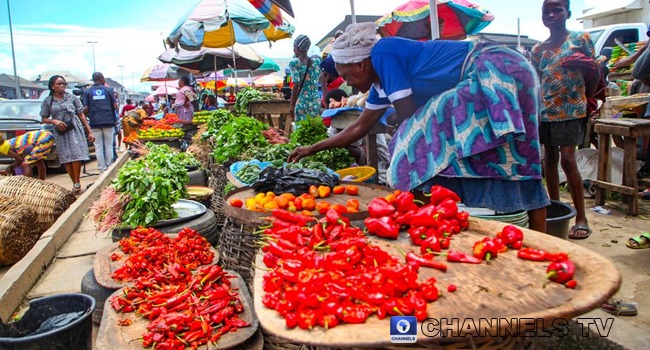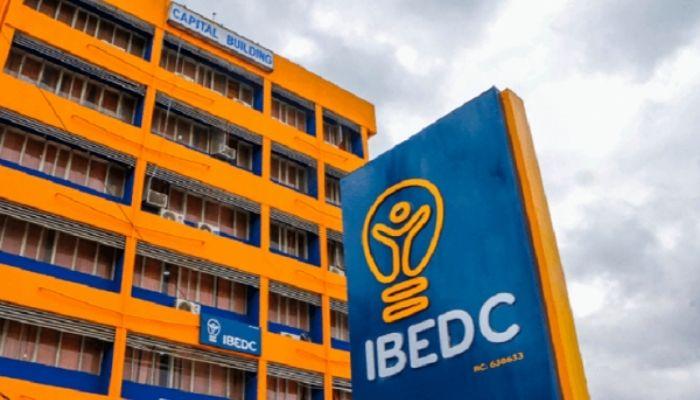The Food and Agricultural Organisation (FAO) has warned that approximately 26.5 million Nigerians are on the brink of hunger in 2024. This assessment comes as the nation faces multiple challenges in its food systems.
Primes Business Africa reports that President Bola Tinubu in July 2023 declared a state of emergency on food security in Nigeria. he directed that all matters about food and water availability and affordability, as essential livelihood items, be included within the purview of the National Security Council.
Join our WhatsApp ChannelDominique Kouacou, the FAO country representative, made this disclosure during the presentation of the Cadre Harmonise food security and early warning analysis for the October to November period in Abuja. The report identifies specific regions most vulnerable to hunger, notably the Federal Capital Territory (FCT), Sokoto, Borno, and Zamfara states.
READ ALSO: Food Security: SEEDAN Calls For Govt Investment In Seeds
The research, spanning 26 states and the FCT, aimed to assess the food security situation and provide future projections. Kouacou cited a series of obstacles contributing to this impending crisis. These include ongoing insecurity issues such as insurgency and banditry, conflicts related to natural resources, high inflation causing elevated food and agricultural input costs, and severe dry spells following the rainy season.
Dr. Ernest Umakhihe, the Permanent Secretary of the Ministry of Agriculture and Food Security, underscored the significance of this study, emphasizing that it coincides with nationwide efforts to revitalize the economy.
While acknowledging the challenges, he noted that they are not insurmountable, despite factors hindering the ministry’s efforts.
He pointed out, “Notable among them are the lingering negative impact of COVID-19 on the global economy and the Russia-Ukraine war, which is currently disrupting food systems and driving up input and food prices. The removal of petroleum subsidy has intensified this pressure, resulting in food inflation and increased consumer prices.”
Moreover, he announced that the Cadre Harmonise (CH) analysis will be expanded to all 36 states before the end of 2024.
This comes days after Vice President Kashim Shettima sought the assistance of the United States Government on President Bola Tinubu’s administration’s food security agenda.
Emmanuel Ochayi is a journalist. He is a graduate of the University of Lagos, School of first choice and the nations pride. Emmanuel is keen on exploring writing angles in different areas, including Business, climate change, politics, Education, and others.


















Follow Us